Sworn -vs- Certified Translation
In the intricate landscape of language translation and localization, the distinction between “sworn” and “certified” translation holds paramount importance. These two terms, although seemingly similar, represent distinct methodologies and carry unique implications in the realm of professional translation services. This article serves as a comprehensive guide to understanding the nuanced differences between sworn and certified translation, shedding light on their respective applications, legal recognition, and Semantics’ role in facilitating precise and authoritative translations.
Difference between Sworn & Certified Translation:
Sworn translation, also referred to as official or legal translation, entails translations performed by sworn translators who are authorized by governmental or judicial entities to produce official translations with legal validity. On the other hand, certified translation involves translations accompanied by a certificate of authenticity affirming the accuracy and completeness of the translation, typically provided by professional translation agencies or translators.
Countries Where Sworn Translation is Available:
Sworn translation is a practice recognized in various countries around the world, each with its own specific regulations and requirements. Some countries where sworn translation is prevalent include:
– France
– Spain
– Germany
– Italy
– Brazil
– Japan
– South Korea
– Turkey
In these jurisdictions, sworn translators are appointed and authorized by government agencies or official bodies, ensuring the accuracy and integrity of the translation process.
Semantics’ Certification Process:
Semantics, an ISO 9001 and 27001 certified language translation and localization company, upholds rigorous quality standards in its certification process for translation services. As an ISO-certified entity, Semantics is authorized to provide certified translations that adhere to internationally recognized quality management and information security standards. Our certification process involves careful review and validation of translated documents, accompanied by a certificate of authenticity signed by our professional translators or authorized representatives.
Legal Recognition and Acceptance:
Certified translations provided by Semantics hold legal recognition and acceptance in various jurisdictions and institutions worldwide, including courts, government agencies, educational institutions, and businesses. These translations are widely accepted for official purposes such as immigration applications, legal proceedings, academic submissions, and commercial transactions, ensuring compliance with regulatory requirements and facilitating seamless communication across language barriers.
Key Differences:
The primary distinction between sworn and certified translation lies in the authority vested in the translator and the manner of certification. Sworn translation involves translators authorized by governmental or judicial bodies to produce official translations with legal validity, whereas certified translation is provided by professional translators or translation agencies who certify the accuracy of the translation with a signed statement or certificate of authenticity.
Domains Requiring Certified Translation:
Certified translation finds application across diverse domains, including legal, academic, commercial, medical, and personal documentation. Documents requiring certified translation encompass contracts, academic transcripts, financial statements, medical records, immigration documents, and various other official and professional materials essential for legal and administrative purposes.
Semantics’ Extensive Language Support:
At Semantics, we take pride in offering certified translation services in over 150 languages, facilitated by our extensive network of more than 5000 linguists worldwide. Our linguists possess diverse expertise and proficiency in their respective languages, ensuring accurate, culturally sensitive, and contextually relevant translations that meet the unique needs of each client.
In conclusion, the differentiation between sworn and certified translation is fundamental for selecting the appropriate translation service to meet specific requirements across different jurisdictions and industries. While sworn translation is prevalent in countries with established legal systems, certified translation offers a reliable and legally recognized solution for various official and professional purposes. Semantics’ commitment to excellence and precision in certified translation services, underpinned by ISO 9001 and 27001 certifications, ensures the delivery of accurate, reliable, and authoritative translations that facilitate effective communication and compliance with regulatory standards in a globalized world.
For inquiries and assistance, contact us at sales@semanticsevolution.com or call us at +91-6389682811 / +91-8175069360.
Top of Form


